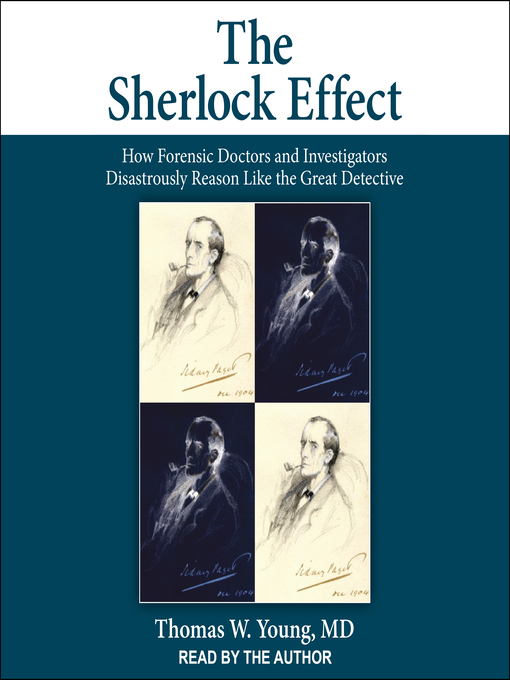- All Fiction Ebooks
- All Fiction Audiobooks
- Sno-Isle Reads Together
- Science Fiction Firsts
- Mystery & Suspense Firsts
- Available Now
- Try a Light Novel
- Horror & Dark Fiction
- Rainbow Connections
- World War II Historical Fiction
- Cozy Science Fiction and Fantasy
- Faith & Felonies
- Biblical Romance
- See all fiction collections
- All Nonfiction Ebooks
- All Nonfiction Audiobooks
- Available Now
- Pour Some Sugar On Me
- Last Call For Alcohol
- Transgender and Nonbinary Voices
- You Don't Need AI To Write
- Relationship Rx: Getting Along With the one I Love
- Coping With Stress & Anxiety
- When Someone Shows You Who They Are
- Travel Plans
- Knitting vs. Crochet: Crafting's Ultimate Duel!
- Common Ground: Community Connections Through Shared Experiences
- See all nonfiction collections
